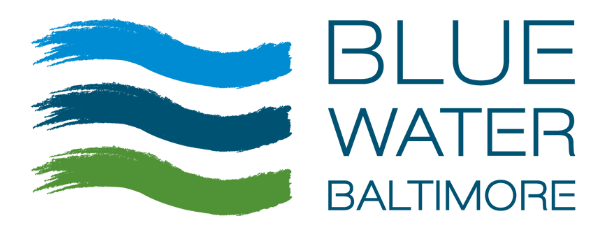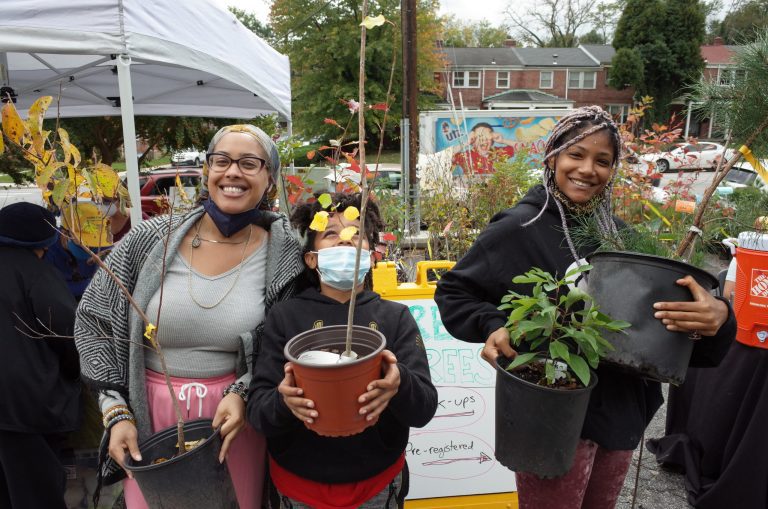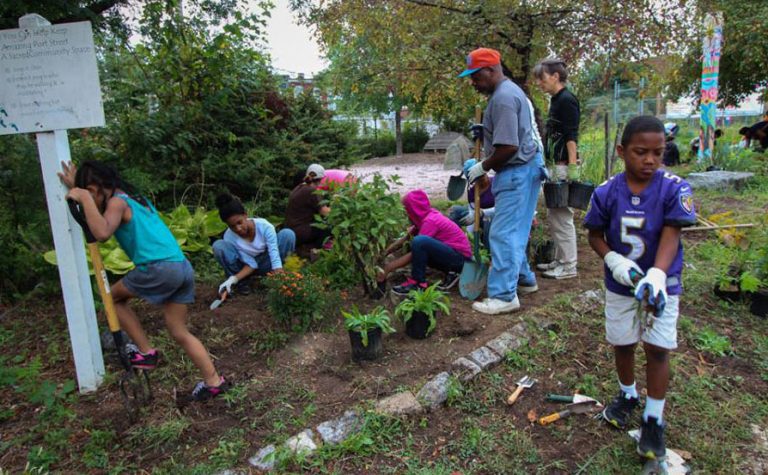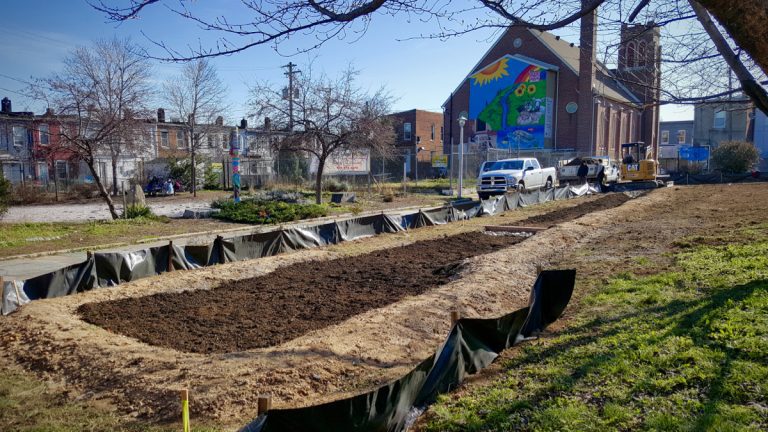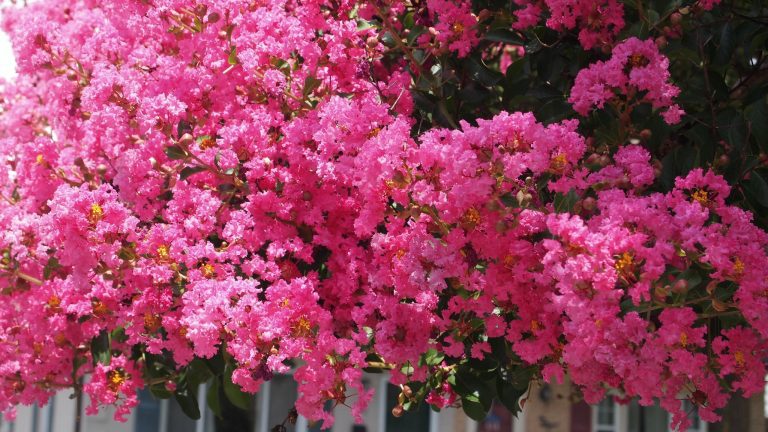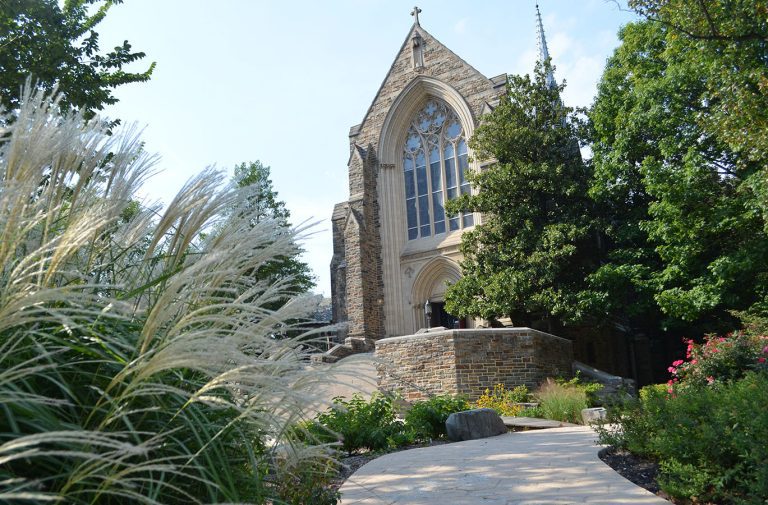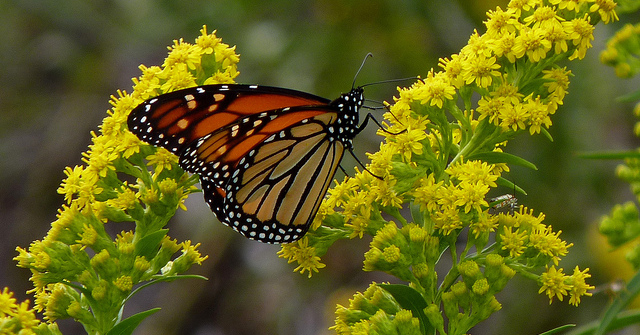One Congregation’s Vision for a Sustainable Future
Just miles from bustling downtown Baltimore City, Stillmeadow Community Fellowship sits on 10 acres of serene, undisturbed forest land. The land serves as a community peace park—with open trails and thousands of healthy trees. In the Fellowship’s parking lot and back areas, rain barrels and cisterns collect rainwater, repurposing it to water trees and plants…
